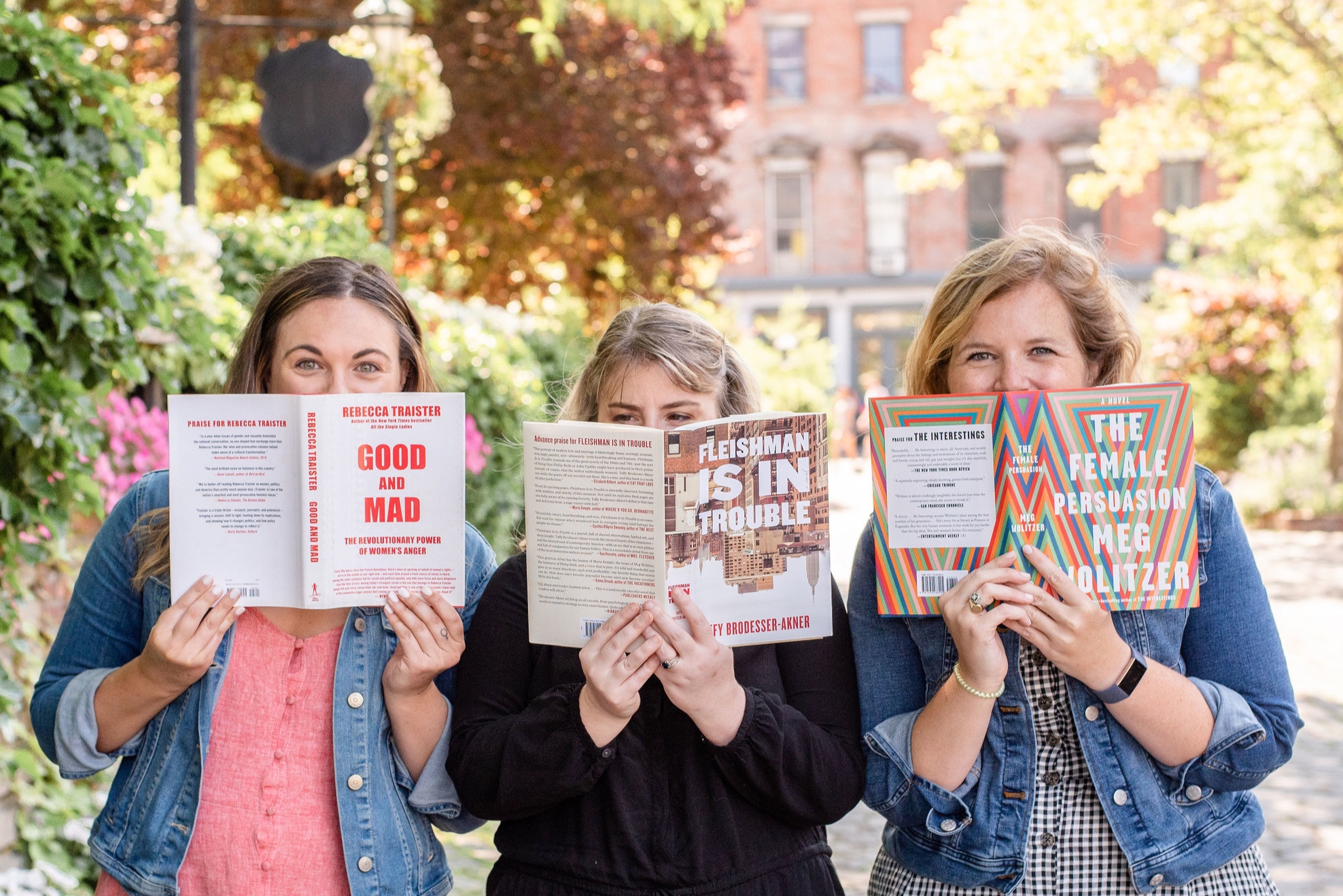Book Review: "American Overdose" by Chris McGreal
“American Overdose” by Chris McGreal
Publisher Synopsis: A devastating portrait of the opioid epidemic, a uniquely American and catastrophically lethal tragedy born of Congressional neglect, amplified by corporate greed, and brutally exploited by illegal drug cartels.
The opioid epidemic is the deadliest drug crisis in American history; it results in ninety American deaths a day and has eviscerated communities across the country. It is a consequence of a healthcare system run as a business, one that prescribed drugs with unprecedented amounts of oxycodone to patients experiencing everything from toothaches to severe chronic pain. The practice created a culture of addiction in towns and cities from Florida to Maine and throughout Appalachia and the American West.
In American Overdose, Chris McGreal outlines the three main stories of the opioid epidemic: first, the negligent policies that allowed the greed and corruption of big pharma to profit off the suffering of their patients and new evidence on the FDA's complicity in the matter; second, the widespread addiction that ravaged American towns and cities; and finally, the even more devastating arrival of the drug cartels who deliberately and catastrophically exploited the market for addiction that has been created.
Through the lives of doctors, addicts, policy-makers, pharmaceutical reps, and family members, McGreal tells two parallel stories: that of the rise of opioids in the healthcare system and the personal stories of those affected on the ground, joined in what a former member of the FDA has called ""one of the greatest mistakes of modern medicine.""
Rating (out of 5): 5
Trigger Warning: at the risk of sounding obvious, addiction
Review: First, let me add a disclaimer that I’m not SFOL’s resident opioid expert. That would be Elizabeth (in a professional capacity, not a personal one.) But, I read this book in two days (I don’t get out much), which is a testament to how compelling this investigation into the opioid epidemic is.
My personal experience with opioids starts in the spring of 2002. I was 15, had just gotten my wisdom teeth removed and a dental implant put in, and I was prescribed oxycontin. I had no idea what it was, but my parents carefully limited my intake and a classmate in my sophomore homeroom offered to pay me for my leftover pills. (I did not take him up that offer.) Sufficiently terrified, my sheltered ass had no exposure to opioids until 15 years later, when I had a surgery to remove my rogue IUD. (…It’s a long story.) They gave me Percocet then (a much milder painkiller compared to oxy), which was very necessary because it was January 2017 and Donald Trump was being sworn into office.
I digress.
Like I said, I flew through this book, despite its incredibly dark subject matter. You will emerge angry at Purdue Pharma (and others), the FDA, and shitty doctors—all of whom took advantage of people with limited means and highly physical jobs. The system broke down at all junctures. (Hopefully) we all know big Pharma is evil, but the FDA’s complicity outpaces that of even Ivanka Trump. The doctors who ran the “pill mills” made a mockery of the Hippocratic Oath. The personal stories that McGreal reveals through interviews were truly devastating.
I also appreciated that McGreal did not ignore the discrepancy between the opioid crisis and the 1980s crack crisis. The opioid epidemic affected mainly poor white people, and as such, addiction was understood to be a disease. Contrast that with the crack epidemic in the ‘80s, which affected mainly people of color, and addiction was labeled a moral failure. The U.S. has a history of demonizing things when it comes to people of color, and sympathizing with white people in similar situations. (See also: a person of color who shoots someone is a “thug,” a white person who does the same is “misunderstood.”)
I digress, again.
The point of the book, though, is not to compare and contrast the drug landscape of the 1980s and today. (I’m sure that has been examined elsewhere.) The point was to expose the absolute breakdown of the system when it comes to regulating prescription drugs and protecting people. The devastation opioids have wrought is absolutely horrendous, and it’s incredibly heartbreaking to look back and realize the scope of it all could have been lessened. (Sure, hindsight is always 20/20, but just read it, you’ll see what I mean.)
Even if you’re not normally a nonfiction fan, I recommend “American Overdose” for its compelling prose and no-nonsense takedown of big Pharma and the FDA.
If you liked this, try:
“Locking Up Our Own: Crime and Punishment in Black America” by James Forman, Jr
“Evicted: Poverty and Profit in the American City” by Matthew Desmond
FYI: When you click links in this post to purchase a product, SFOL might get a cut of your purchase - it doesn’t add anything to the price for you. We promise. Thanks in advance!



